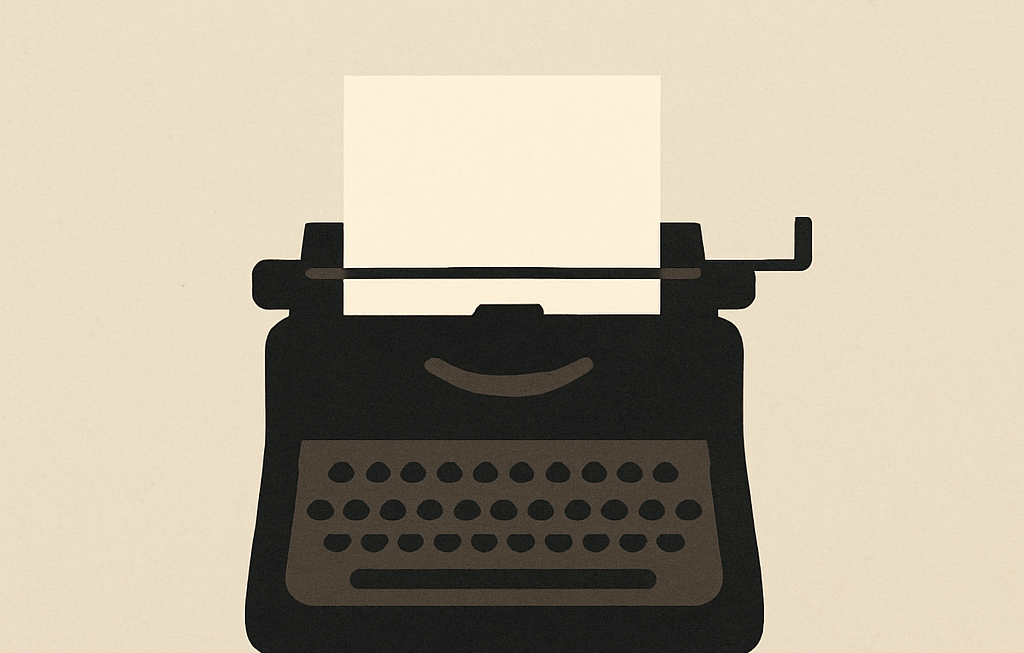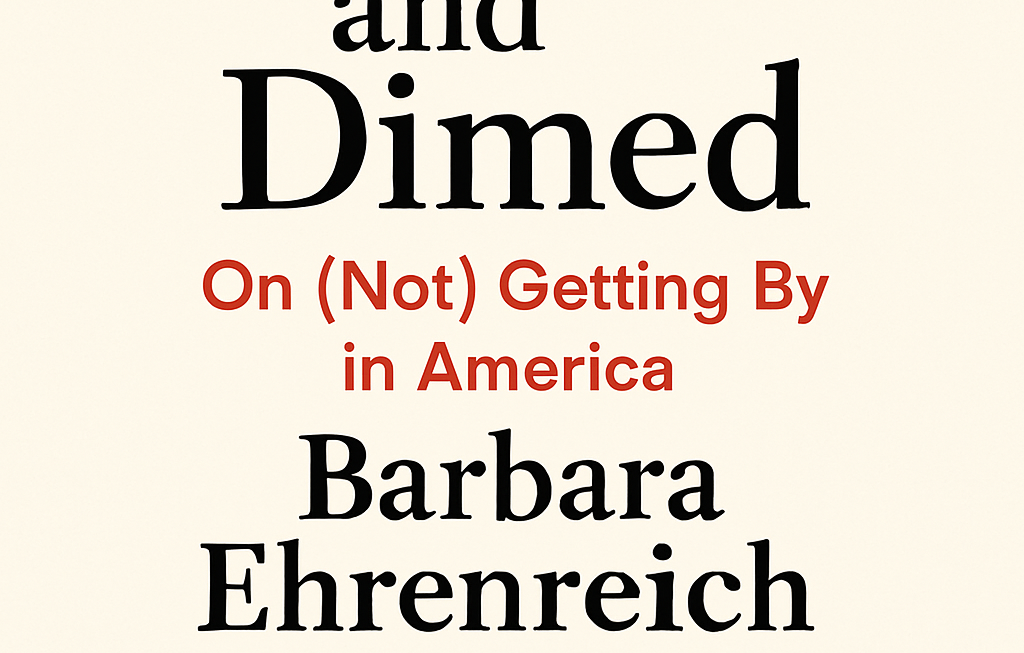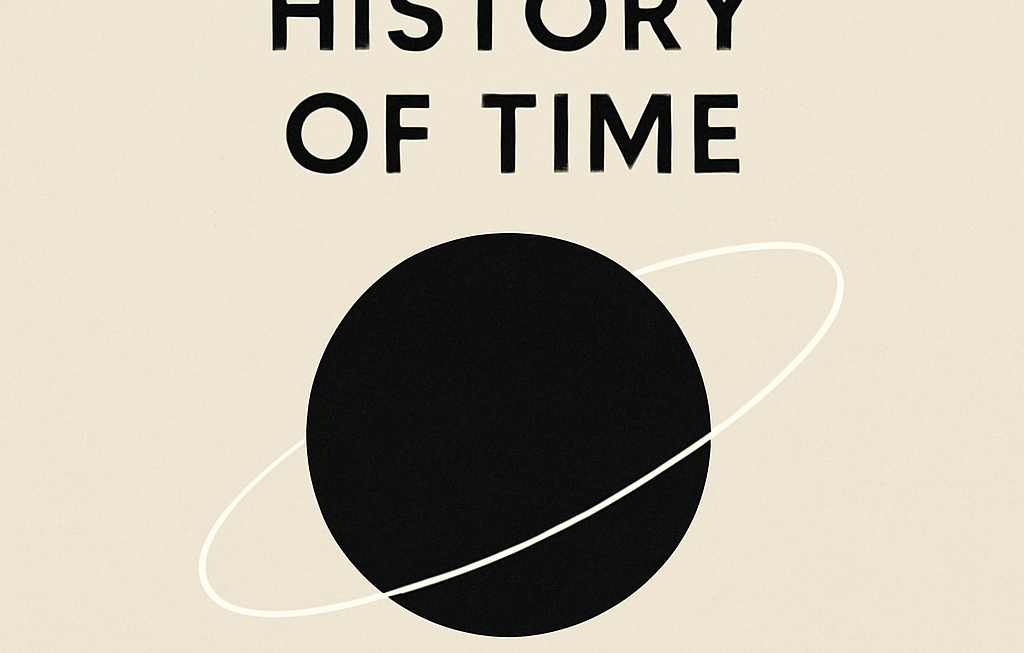On Writing and the Writing of Life: A Conversation with Stephen King
Stephen King, a name synonymous with spine-tingling horror and captivating suspense, is more than just a prolific author; he’s a cultural phenomenon. His influence transcends genres, captivating millions with tales that delve into the darkest corners of the human psyche. Yet, beyond the chilling narratives lies a profound understanding of the writer’s craft, meticulously explored in his insightful memoir, *On Writing: A Memoir of the Craft*. Published in October 2000, this dual-natured work seamlessly weaves together a deeply personal account of King’s life—from his humble beginnings and struggles with addiction to the near-fatal accident that forever altered his perspective—with a practical and inspiring guide for aspiring writers. The memoir isn’t simply a how-to manual; it’s a testament to the power of perseverance, the transformative nature of storytelling, and the crucial intersection of life experience and creative expression. King, with his characteristically candid and accessible style, dissects the core tenets of writing, emphasizing the importance of reading widely, developing a strong vocabulary, and embracing the often-grueling process of revision. He doesn’t shy away from the challenges inherent in a writer’s life, but instead offers reassurance and encouragement, reminding readers that even the most celebrated authors face setbacks and self-doubt. This book, lauded by critics and fellow writers alike, has established itself as a cornerstone of literary discussion, solidifying King’s status not just as a master storyteller but also as a perceptive and insightful mentor to a new generation of writers. This is not simply a book about writing, it’s a roadmap for life.
A Conversation with the Master
In an exclusive interview, we delved into the mind of this literary icon, exploring the depths of his craft, the influences that shaped him, and the controversies that have marked his extraordinary career.
- Question: Your memoir, *On Writing*, emphasizes the importance of reading voraciously. However, in an age of digital distraction, how can aspiring writers cultivate this crucial habit in a world saturated with ephemeral content?
Answer: It’s tougher now, that’s for sure. The sheer volume of information – or misinformation, let’s be honest – can be overwhelming. But the core principle remains the same: Make time. Treat reading like a sacred ritual, not something to squeeze in between tweets and TikTok. Find a quiet space, a comfy chair, maybe a cup of coffee. And remember that quantity doesn’t always equate to quality. Focus on good books, well-written books, books that challenge and inspire you, even if it’s just for 30 minutes a day. It’s about the immersion, the absorption. You gotta let the words sink in.
- Question: Many critics initially dismissed your work as mere genre fiction. How did you navigate this initial critical resistance, and how did it ultimately shape your approach to writing?
Answer: Look, early on, I was writing to make a living. I didn’t care about the critical acclaim, at least not at first. The fact was, people were reading my books, and that’s what mattered. But the dismissal did sting, yeah. It forced me to hone my craft even more, to prove them wrong not by arguing, but through the strength of the stories themselves. I learned to focus on the narrative, the characters, the emotional core. It made me a tougher writer.
- Question: Your work often explores the darkest aspects of human nature. Do you believe there’s a therapeutic value in confronting these shadows through fiction, both for the writer and the reader?
Answer: Absolutely. Writing, for me, has always been a way of processing the things I don’t understand, the things that scare me. To put those shadows into words, to give them form, takes away some of their power. And for the reader, I think it’s a similar process – a safe space to explore the things they might otherwise avoid. It’s about confronting your fears, not running from them. It’s cathartic, for both of us.
- Question: Your prolific output is legendary. Can you elaborate on your writing process, specifically your daily routine and the strategies you employ to maintain such consistent productivity?
Answer: It’s not about magic, it’s about discipline. I sit down every day, even when I don’t feel like it. I treat writing like a job, and the same goes for reading. There are days when the words don’t flow, when I struggle, but I keep at it. It’s about showing up, day after day. It’s about the work itself. And remember that you don’t always have to write perfectly; sometimes you have to write badly until it gets better.
- Question: Your near-fatal accident profoundly impacted your life. How did this experience reshape your perspective on life, death, and the creative process?
Answer: It changed everything. Suddenly, life felt finite, precious. It made me appreciate the simple things, but it also fueled my writing. I felt a greater urgency, a need to tell stories, to capture the fleeting nature of existence. It was a brutal lesson, but it was a lesson nonetheless. It sharpened my focus.
- Question: You’ve adapted many of your works into film. How do you approach the process of translating your narrative vision to another medium, and what are the inherent challenges and rewards?
Answer: It’s a collaboration, not a dictation. I try to be involved as much as possible, but ultimately, it’s the filmmaker’s vision. Sometimes it works beautifully, sometimes it doesn’t. The challenge is in letting go, trusting the other artists to bring their own interpretation. The reward? It’s amazing to see your stories come alive on the big screen, to reach a wider audience.
- Question: Critics often debate the line between horror and exploitation. Where do you draw the line in your own work, and how do you ensure that your exploration of the macabre remains ethically responsible?
Answer: Exploitation is about shock value, pure and simple. Horror, for me, is about exploring the human condition, even in its darkest manifestations. It’s about confronting our fears, not reveling in them. It’s about challenging the boundaries, but not crossing into gratuitous territory. There’s a balance to be struck, and it’s a balance I strive for.
- Question: Your personal struggles with addiction have been well-documented. How did overcoming these challenges influence your writing, and what advice would you offer to writers struggling with similar battles?
Answer: Addiction is a monster, plain and simple. It nearly destroyed me. But overcoming it was a triumph, a source of strength that seeped into my writing. It gave me a new depth, a new understanding of human vulnerability. My advice? Seek help. Don’t be ashamed. There’s hope, and there are people who can help you fight back.
- Question: Looking back on your extensive career, what is the single most valuable lesson you’ve learned about the writing process that you would share with aspiring writers?
Answer: Read. Write. Rewrite. That’s it. There are no shortcuts. Talent is a spark, but hard work, discipline, and a willingness to learn are the fuel that keeps the fire burning. It’s a long game. Don’t expect overnight success. Keep writing. Keep learning. And keep reading.
- Question: Your work has consistently explored the themes of childhood trauma and its lasting impact. How do you manage the delicate balance between exploring such sensitive material and potentially triggering readers?
Answer: It’s a responsibility I take very seriously. I never want to exploit or sensationalize trauma. Instead, I try to approach it with empathy, compassion, and a deep understanding of its consequences. The goal is not to inflict pain, but to shine a light on the darkness and, hopefully, offer a glimmer of hope for healing. Sometimes, readers find themselves in the pages; it’s okay to write and reflect honestly.



